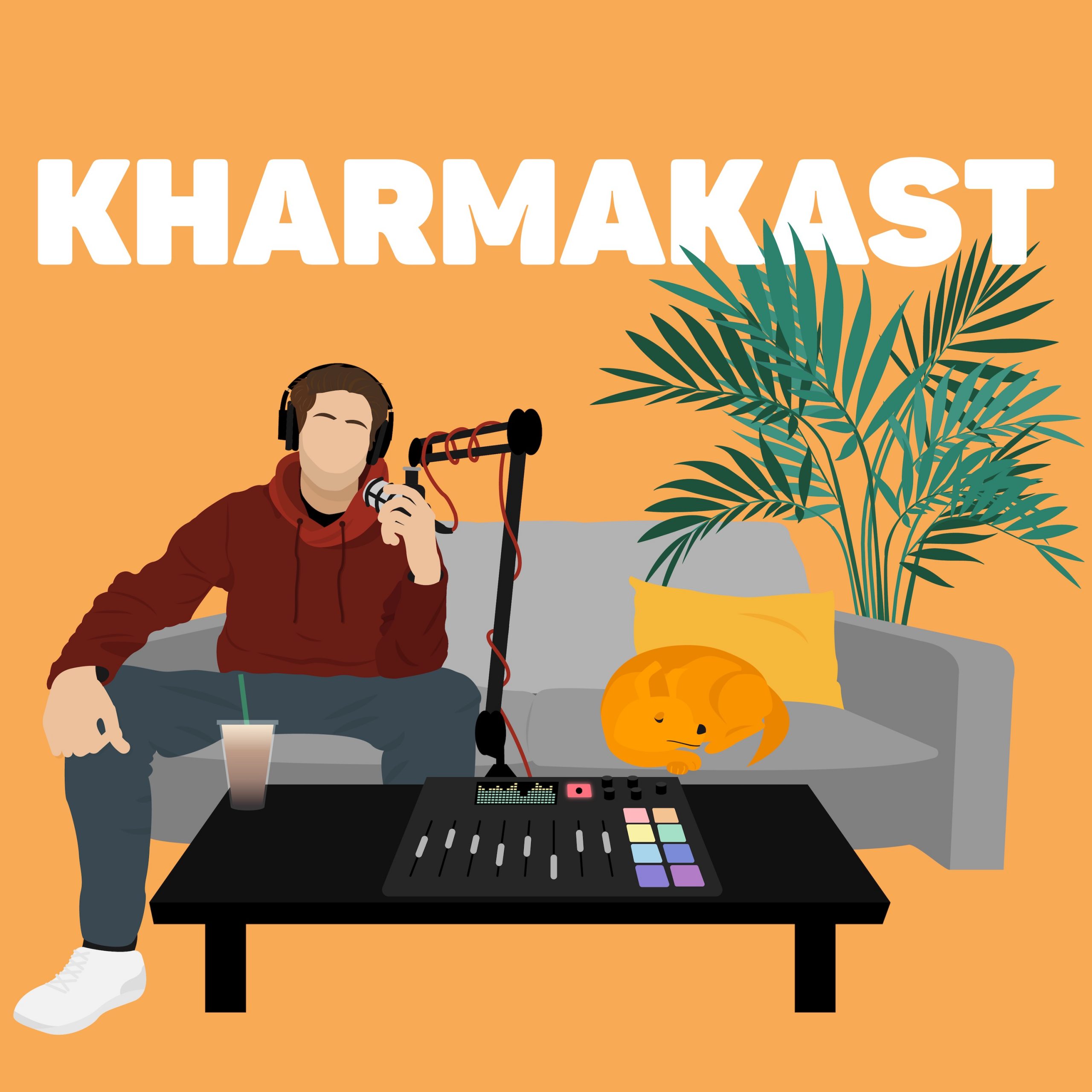Four years of college, and another four-five years of medical school, topped with one to two years of residency, and then you’re finally finished with the rigorous curriculum which is the gateway to becoming a saver of numerous lives. Throughout the blood (unironically), sweat, and tears, experiences are experienced, life is lived, and lessons are taught; it is expected that you’d walk out of your years and years of studying with a good head on your shoulders (and lots of great stories to tell). Nassir Kharma, or Kharma Medic, is a fourth-year medical student at King’s College London, where he films these impactful chapters of his life and shares them with the rest of the world. At 25 years old, he has managed to create a well-oriented, clean, crisp, and well-edited youtube channel in which stores wonderful cinematography; drone shots, time-lapses, dual cameras, and go-pros are used to better his videos. Within these extravagant measures taken to improve his videos tremendously, the personality behind all the clips can sometimes be lost and Nassir knows this; recently, he has started his own podcast KharmaKast which discusses his experiences with medical school and the challenges he’s faced throughout his life. It’s safe to say that this podcast is as essential to the understanding and appreciation of Nassir’s work just as oxygen is to the function of the brain.
Nassir starts off the podcast by introducing his guest, Rachel Southard, a medical student here in the United States. The weight held on managing a channel on top of everyday medical school classes is something Nassir congratulates her on from the start, explaining that he “can understand how difficult it is to do both” and that he sometimes “questions how I’ve been able to as well.” The two immediately hop into the bulk of the interview and the most interesting portion; their experiences in medical school with specialties, USMLE exams, and their rudest professors. Nassir continuously captures the attention of the listener, yet is always looking for room to allow Rachel to elaborate on her initial thoughts, balancing the teetering attention spans of listeners with his respectfulness towards a good friend of his. Throughout this segment, Nassir talks about his road to medical school; he “was born in Jordan, grew up in Canada, moved to Greece for a couple of years, and now I’m here in London, studying to be a hopefully great doctor someday.” Rachel elaborates on her own medical journey, “I grew up in California; my mom is a doctor and watching her helped me release that that’s what I want to do too.” The two laugh about their acceptances into med school way back when Nassir comparing his excitement to that of “a kid in a candy store.” Rachel had been excited as well; her mother had bought her a customized cake with the Western University of Health Sciences logo right smack dab in the middle. Still, on the topic of acceptance, Nassir turns the conversation around to the difficulties of getting into and staying in medical school, Rachel agreeing in his concern over the USMLE exam, arguably the most difficult test a med school student will ever take in their entire life. Nassir, with confidence and reassurance, says that he’d then treat Rachel to lunch if she could take his USMLE exam for him; without a doubt, Rachel jokingly agrees.
The two then (and throughout side chatter) eventually move onto the effects of COVID-19 on their health, as they’ve been primarily exposed to patients and have had special tightened masks made as preventative measures against the virus. Rachel vents about the grim disarray of emotions and feelings that have been lurking around in her mind, comparing the process of seeing fatally ill patients as “watching a suffering man in a jail cell, except you can see him through the glass and he cannot see you.” Nassir empathizes with her, saying that it’s been hard for him as well and he’s had images of graphic and dreadful events following him around on some nights. The ability for Nassir to have an hour-long, unedited and undisturbed conversation with a peer on important things happening in his life creates a personal feeling, an attachment from the listener to him. For someone that follows his work, it can be a huge benefit to have more access to learning about what your favorite content creator is like behind the scenes and without the camera. Nassir, not to mention, speaks particularly eloquently about all he’s been through, explaining stories in full detail and not forgetting to mention important events, a prime key to podcast making. The ability to see Nassir in a new light, something more intimate and informational is nice, and it’s definitely worth a listen to hear about the experiences of a medical student amidst all of the medical turmoil happening in the world at this very moment. Besides the obvious benefits of humanization and forming a connection through the podcast on a more personal level, the podcast never fails to mention all about the ins and outs of the medical world, which could be quite a whirlwind. Nassir Kharma has mastered the use of drones, expensive editing software, and getting great grades as a full-time student; it’s now time to add podcasts onto his list.
